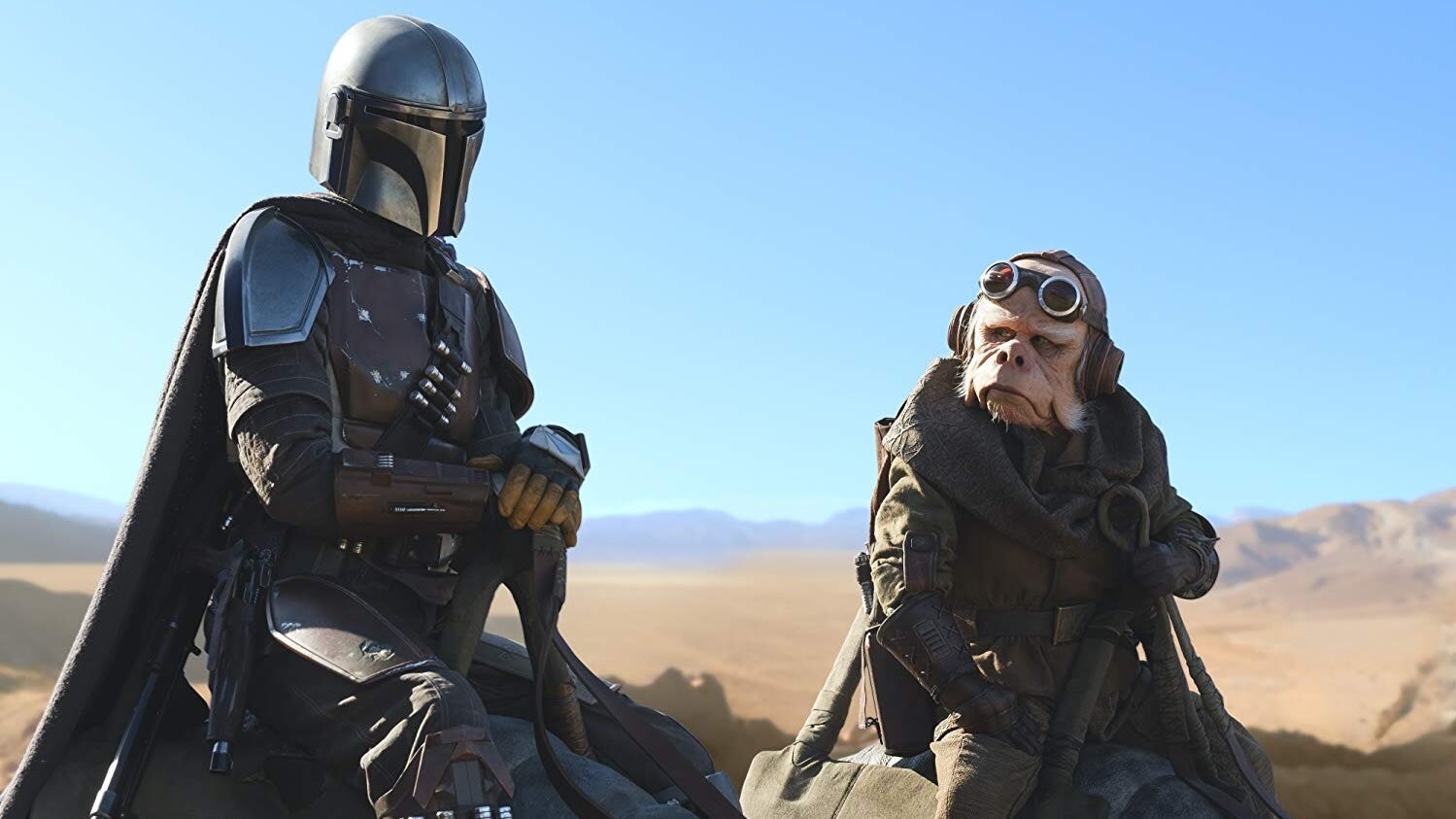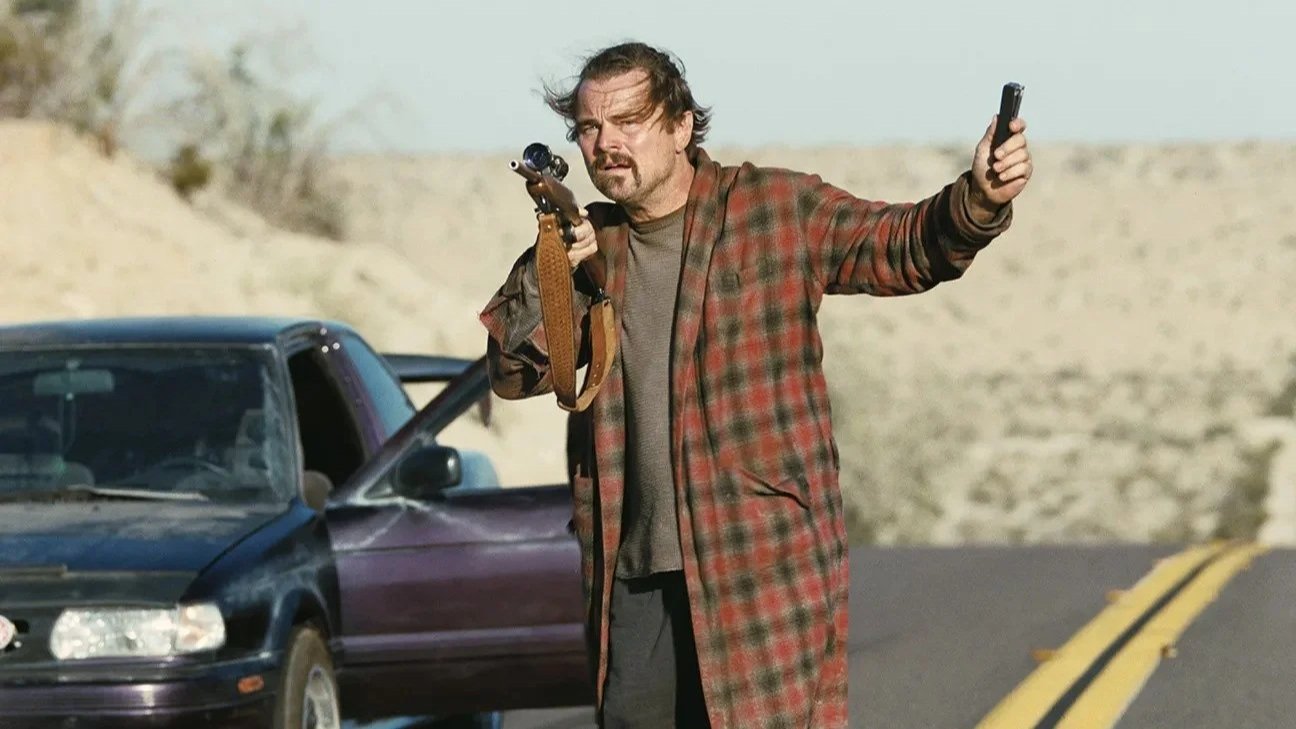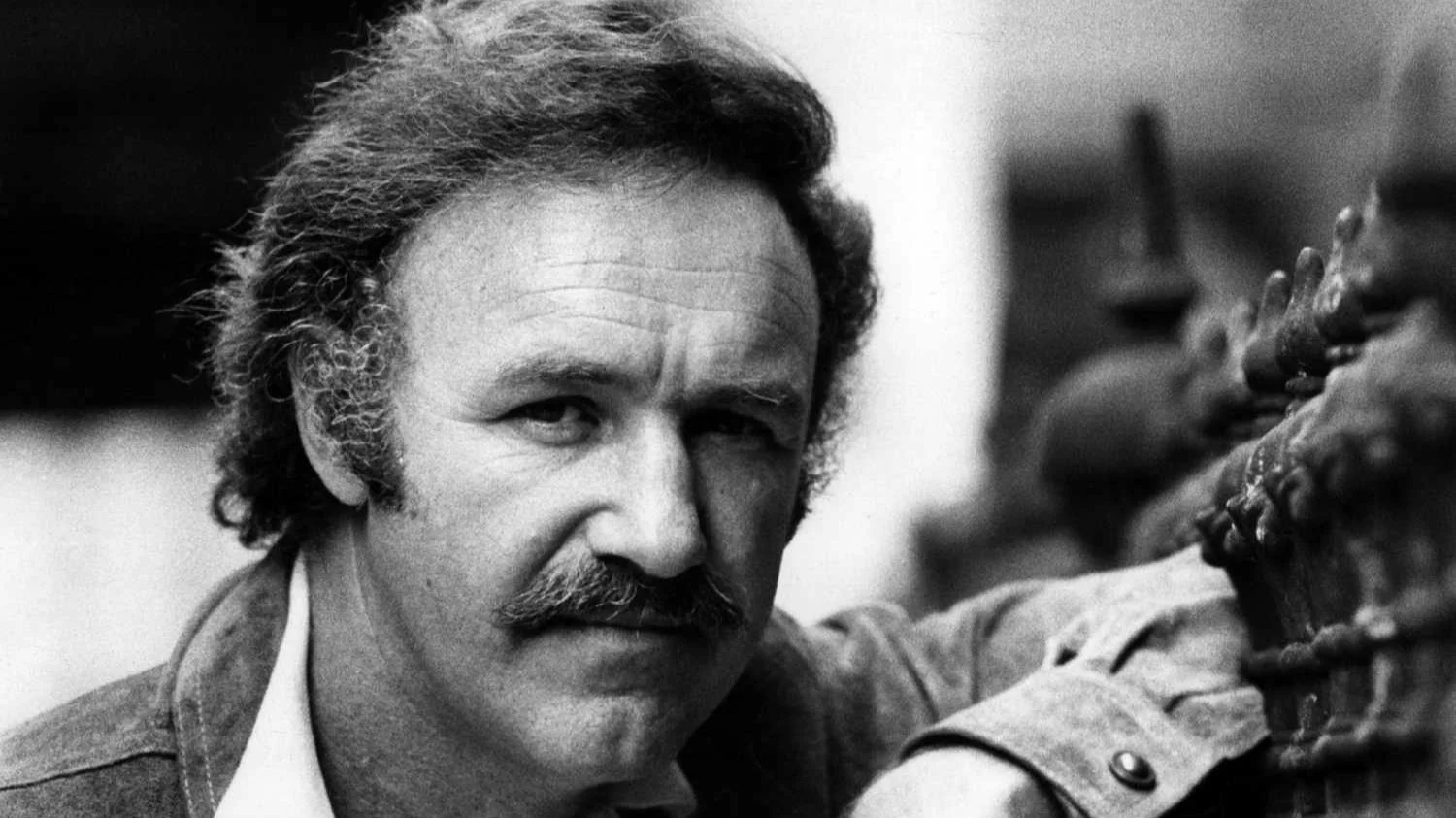Top 10 TV Shows of 2019
1. Mindhunter (Netflix) showrunner Joe Penhall, season 2
In a pop-culture that’s consumed with true crime mysteries, Mindhunter is the best of the bunch. In its second season it shifts the focus to the Atlanta Child Murders of the early 1980s and the FBI’s compromised investigation into the killings. The thing that makes Mindhunter so successful in its investigation of true crime events is its restraint: it doesn’t indulge in the salaciousness of the material, nor does it play the gruesome events as pulpy thrills. Furthermore, the show doesn’t condescend to the killers at its centre; it does not reduce them to monsters, nor does it wave away the various sociopolitical and emotional reasons for their existence. It takes their psychology seriously and digs into their very human weaknesses and the ways that their evil actions are an extrapolation of all-too relatable bad habits and obsessions. The result is that Mindhunter gives us no easy outs as audience members. Through its two central characters, FBI Special Agents Holden Ford (Jonathan Groff) and Bill Tench (Holt McCallany), the show explores the ways that ordinary people share many of the same insecurities and weaknesses as the killers. What this shows us is that we cannot comprehend the evil outside the door if we cannot comprehend the evil in ourselves. True crime and detective mysteries can seem old hat, but Mindhunter makes them seem startlingly new and relevant to our individual lives.
2. True Detective (HBO) showrunner Nic Pizzolatto, season 3
It’s unlikely any season of 21st-century television will ever top the first season of True Detective. Be that as it may, this much-delayed third season of the detective anthology series is a remarkable work in its own right. Following the pattern of the first season (and following the perceived incoherence of the second season), the third season structures itself around interviews in the present that shed light on the events of the past. Like the first season, there’s a discrepancy here between the events of the past as they’re discussed and these same events as they play out in flashback, but in the third season’s story it is not a result of deception as it was in the first season. Instead, it’s due to the fallible memory of the protagonist, Detective Wayne Hays (Mahershala Ali), who is suffering from dementia. By viewing these events through this fragmented, imprecise lens, True Detective explores how memory shapes our understanding of the world and ourselves. Furthermore, it posits that coming to terms with our past is an investigation, one in which we try to suss out motivations and are often left searching for meaning when none is available, just like the cold cases and loose ends True Detective presents us with. True Detective’s third season is an excellent mystery about two missing siblings and a stunning investigation of memory and the failing human mind.
3. Chernobyl (HBO) showrunner Craig Mazin, miniseries
Chernobyl conveys a rigorous sense of cause and effect that is essential to a certain kind of historical filmmaking. In its essence, it tells the chronological story of the Chernobyl Nuclear Disaster of April 1986, starting the night of the disaster and ending months later in a courtroom. As it details the accident and tracks the government response through the lens of two scientists (Jared Harris and Emily Watson) and a bureaucrat (Stellan Skarsgard), it demonstrates the scale of such a disaster and shows all the various interpersonal and technological elements that contributed to the disaster. It also works as a persuasive argument for the need for government transparency as well as a revelation of the human cost of governmental lies. However, there is also something hopeful about Chernobyl’s disaster storytelling. Although it’s understandable to see it as a damning statement on governmental abuse, it is equally an ode to heroism and the capacity of good people to do the right thing against overwhelming odds.
4. The Mandalorian (Disney+) showrunner Jon Favreau, season 1
Like Rogue One, The Mandalorian leverages every bit of our familiarity with the rules and storyworld of the Original Trilogy of Star Wars in order to give us a rousing genre adventure. But even more than Rogue One, The Mandalorian doesn’t just wear its genre influences; it’s defined by them. This tale of an armoured Mandalorian bounty hunter (Pedro Pascal) in the years following Return of the Jedi operates as a true Western, with many samurai influences thrown in as well, as both genres are intimately connected and foundational influences on George Lucas. This means that The Mandalorian is modest in comparison to most other Star Wars properties, but what it lacks in galactic stakes, it makes up for in attention to detail and character. The stillness and unhurried pace demonstrate the trust the filmmakers have in the iconography and the strength of the visual filmmaking. Of all the things Disney has done since it acquired Star Wars in 2012, The Mandalorian may be the most “generic,” but counterintuitively, it’s also the most original and uncomplicatedly entertaining.
5. Barry (HBO) showrunner Alec Berg, season 2
There’s something almost too perfect about the concept of Barry, which follows a sad sack hitman (Bill Hader) who wants to leave his criminal ways behind to pursue acting in Hollywood. If it had ended after the first season, Barry may have been a cult artifact, one that audiences discovered years later as this perfect, fully-formed comedy/drama, like Freaks and Geeks and other one-season TV wonders. But Barry didn’t end in 2018 and continues to tell its story about bad habits and professional frustrations without repeating its earlier beats. In fact, it only deepens its exploration of whether a fundamentally good person who has done awful things is capable of redemption. This second season has its standout moments, most notably in “ronny/lily,” where Barry has to do endless battle with a Taekwondo master and his psychotic daughter, who just will not stop attacking him. But it’s the finale that stuck with me most and the show’s neat trick of somehow making you care deeply about people, while also acknowledging their horrifying capacity to hurt others.
6. Watchmen (HBO) showrunner Damon Lindelof, season 1
I have no idea how this show got greenlit, even considering the enduring popularity of Watchmen and the ostensible fact of it being a superhero show. Frankly, this is a bizarre series, both structurally and emotionally. Like other HBO shows including Westworld and Damon Lindelof’s own The Leftovers, it refuses almost all exposition in favour of immersing the viewer in its esoteric world. Furthermore, Watchmen is aggressively confrontational, both in terms of politics and visual style. If you only watched an episode or two, I could understand bailing on it and assuming that whatever revelations occur down the line wouldn’t be worth wading through the murkiness of the narrative. But the show does stunningly clarify its artistic approach in the second half of the season as it centres on the character of Dr. Manhattan and explores the history and lineage of its central hero, Angela Abar (Regina King). The sixth episode, “This Extraordinary Being,” which charts the rise of masked vigilantism in post-war New York, is rightly lauded as a stunning hour of television. The show as a nine-hour whole is a fascinating exploration of the psychological impulses that underpin the desire to put on a mask and fight crime, as well as the racial dynamics that have shaped America since its beginning.
7. BoJack Horseman (Netflix) showrunner Raphael Bob-Waksberg, season 6
BoJack Horseman has been a mainstay on my best of lists over the past five years, showing how consistently it has been one of the funniest and most poignant programs on television. The first eight episodes of its sixth and final season offer the familiar blend of ennui, slapstick sight-gags, and therapeutic storytelling as the previous five seasons. But there is growth and development here, especially as BoJack (Will Arnett) comes to terms with his alcoholism and accepts where he is in life. The show also turns its attention to the people left damaged in BoJack’s wake, laying the groundwork for an eventual moral reckoning for the character that has been needed since the first episode.
8. Game of Thrones (HBO) showrunners David Benioff & D.B. Weiss, season 8
The moment George R.R. Martin admitted that he would not finish A Song of Ice and Fire prior to the filming of the final season of Game of Thrones is the moment that David Benioff and D.B. Weiss were doomed. There was no way that their conclusion could satisfy all the demands of such a massive story. So if we’re talking about the finale of Game of Thrones purely in terms of expectation, it was inevitably going to be a disappointment. However, the disappointment of something beloved failing to match expectations fades with time. What’s left is the thing itself and how it operates. While it undeniably rushes to a conclusion, the final season of Game of Thrones has a powerful thematic message of anti-imperialism and an inevitable and chilling transformation for its hero, Daenerys Targaryan (Emilia Clarke), from liberating champion to power-mad tyrant. The final season offers a closing statement on many of the show’s harsh truths, most importantly that there’s no such thing as a noble conqueror.
9. Silicon Valley (HBO) showrunners Mike Judge & Alec Berg, season 6
Over the course of its previous five seasons, Silicon Valley was one of the most quietly exceptional sitcoms on television. This didn’t change in the abbreviated final season, which sees the founders of Pied Piper (Thomas Middleditch, Kumail Nanjiani, Martin Starr, Zach Woods) finally conquer the tech market, only to discover that the algorithm they created is so powerful, it threatens human freedom on a global scale. The finale clarifies that beneath the buffoonish antics of tech-bros is a dangerous mixture of idealism and moral bankruptcy that’s as likely to ruin our lives as improve them.
10. Disenchantment (Netflix) showrunners Matt Groening & Josh Weinstein, part 2
Disenchantment never got the same attention that Futurama did during its initial run in 1999, but it operates in much the same way as that beloved animated comedy. It’s a hilarious send-up of fantasy tropes (instead of science-fiction tropes in the case of Futurama) drawn in an attractive animation style. Its humour is heavy on esoteric pop-culture references and verbal wordplay, with a dose of slapstick for good measure. Perhaps it was inevitable that after 30 seasons of The Simpsons—and its diminishing returns for the past decade or so—no one would be that enamoured of Groening’s particular brand of humour in a new form. But if you love fantasy stories, early Simpsons, and Futurama, Disenchantment is sure to work for you. Furthermore, the second part of the season deepened the characters, particularly King Zog (John DiMaggio), providing a surprising emotional heft that’s absent in animated comedies played mostly for laughs (which again links it to Futurama).
Honourable Mentions
The Spy (Netflix) showrunner Gideon Raff, miniseries
There’s nothing groundbreaking about the plotting of this espionage thriller starring Sacha Baron Cohen as infamous Israeli spy, Eli Cohen, but Baron Cohen’s performance is so fascinating—especially as it capitalizes on his reputation as a chameleonic performer—that it makes the show more than worth the six-episode viewing commitment.
Tuca & Bertie (Netflix) showrunner Lisa Hanawalt, season 1
This dramatic comedy from BoJack Horseman production designer and cartoonist, Lisa Hanawalt, shares a lot of that program’s therapeutic approach in its exploration of the personal and professional frustrations of two female best friends (voiced by Ali Wong and Tiffany Haddish) who happen to be bird people. But it’s in the animation where Tuca & Bertie really shines, bringing surreal concepts to life with a flurry of comforting round edges and bright pastels.












Looking back on the career of a great Canadian comedic actress.